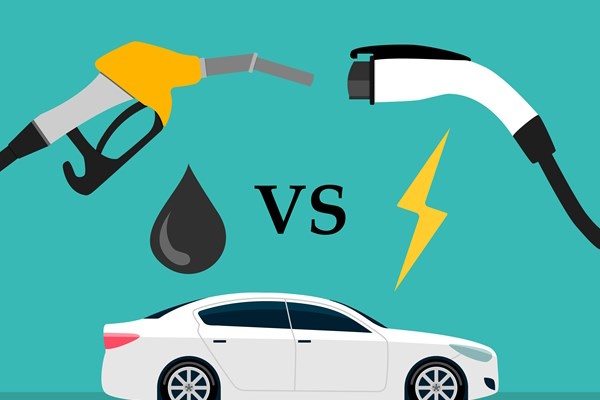- Admin
- Jun 30, 2024
- Buying Guides
- Read: Small Medium Large
Up to 50% of EV owner consider go back to Internal Combustion Engine (ICE) Vehicles
According to a recent study by McKinsey & Co.'s 2024 Mobility Consumer Pulse, 46% of EV owners in the United States—well above the worldwide average of 29%—are considering a return to internal combustion engine vehicles.
The Key Factors Driving This Trend
1. Inadequate Charging Infrastructure: One of the primary reasons cited by EV owners is the lack of available charging infrastructure. Approximately 35% of respondents mentioned this as a significant concern. Charging stations remain sparse, especially in residential areas, making it inconvenient for EV owners to recharge their vehicles at home.
2. High Total Cost of Ownership: The perceived cost of owning an EV plays a crucial role. About 34% of respondents expressed that the overall expenses associated with EV ownership were too high. Factors such as battery replacement costs, maintenance, and insurance contribute to this perception.
3. Impact on Long-Distance Travel: Nearly 32% of EV owners reported that their driving patterns during long-distance trips were significantly affected by having an EV. Range anxiety remains a concern, especially when planning extended journeys.
Regional Variations
- Australia: Surprisingly, Australia stands out with an even higher percentage (49%) of EV owners considering a return to gasoline-powered cars. The lack of charging infrastructure and high costs likely contribute to this trend.
- Other Countries: Across all countries surveyed (including Brazil, China, France, Germany, Italy, Japan, and Norway), the average share of respondents wanting to switch back to gas-powered vehicles was 29%.
The Road Ahead
While EV adoption continues to grow, addressing these challenges is crucial. Improving charging infrastructure, reducing costs, and enhancing battery technology will play a pivotal role in retaining EV owners and attracting new ones. As the industry evolves, it remains essential to create a seamless transition for consumers, ensuring that the benefits of electric mobility outweigh the drawbacks.
In summary, understanding the motivations behind EV owners' preferences can guide policymakers, manufacturers, and infrastructure providers toward creating a more sustainable and appealing electric vehicle ecosystem.




